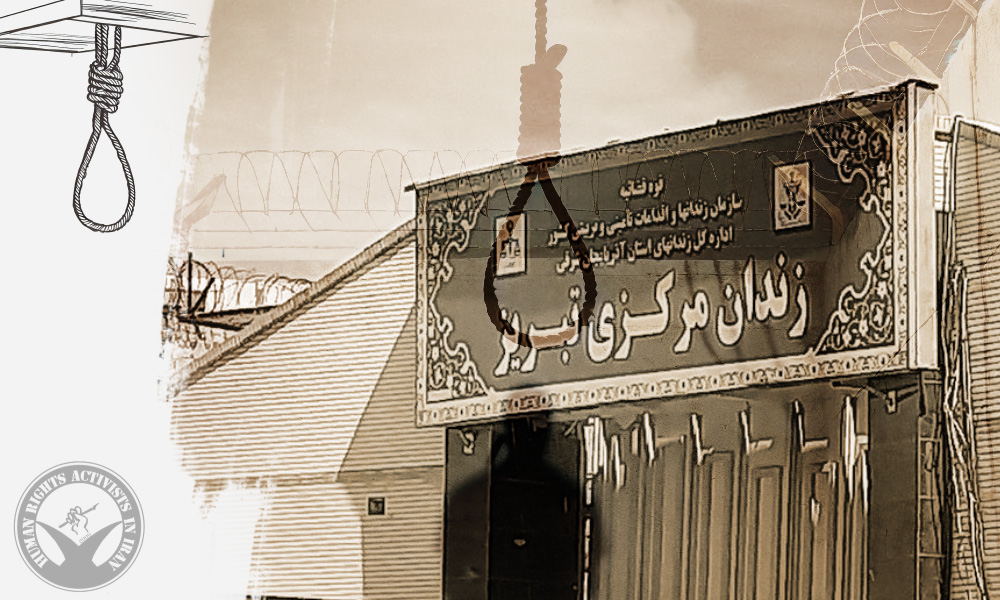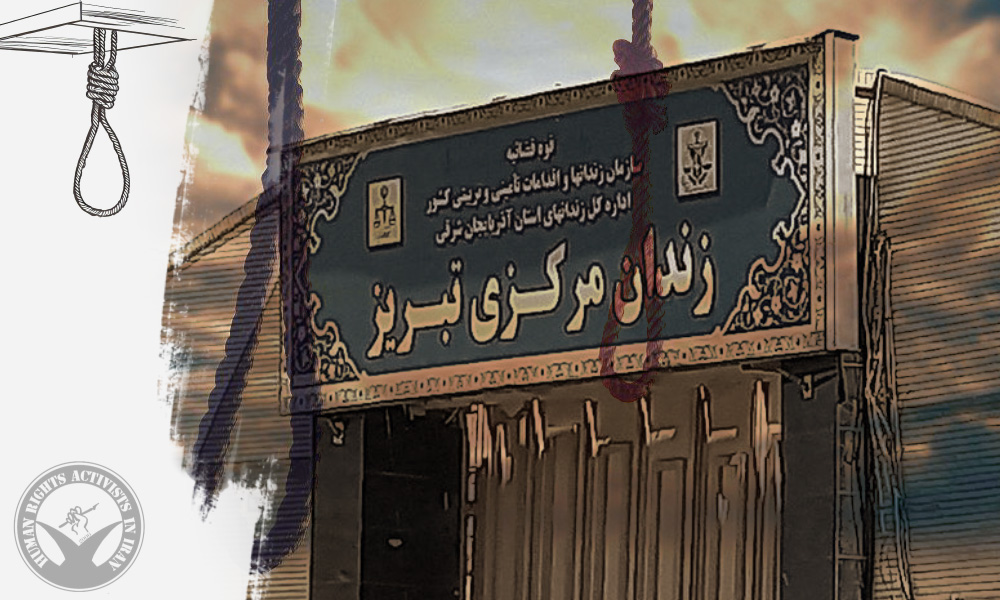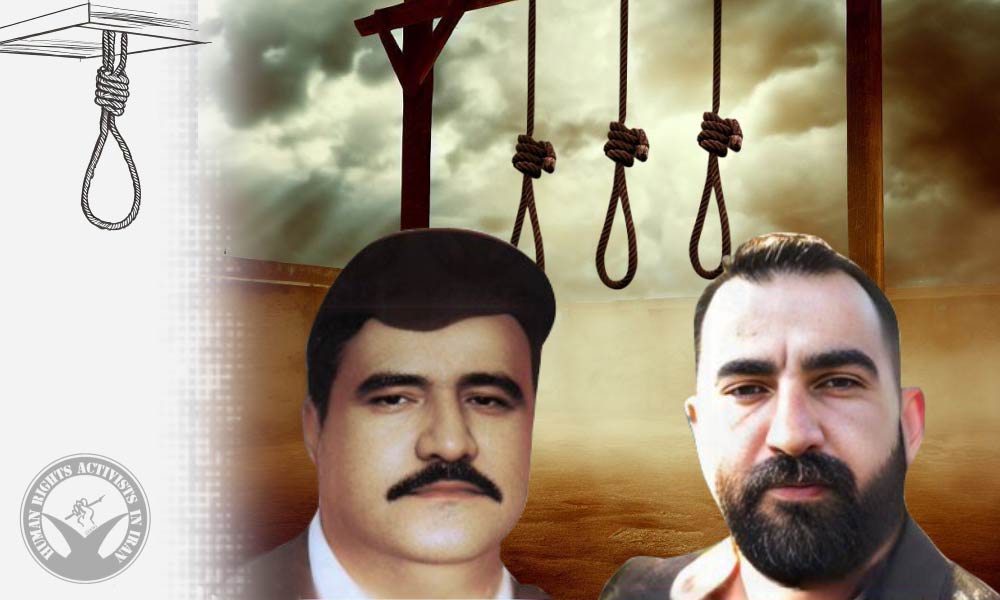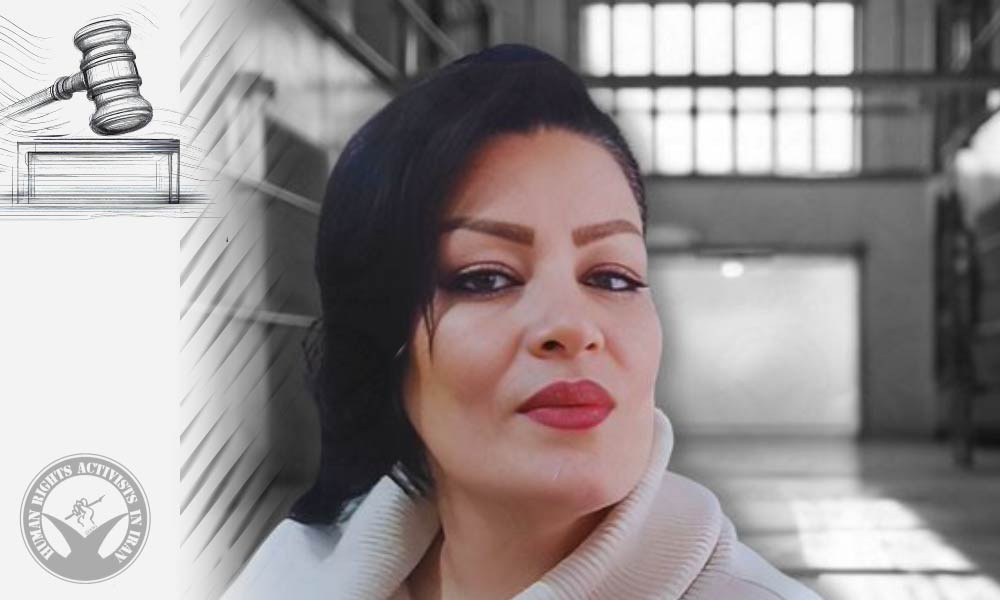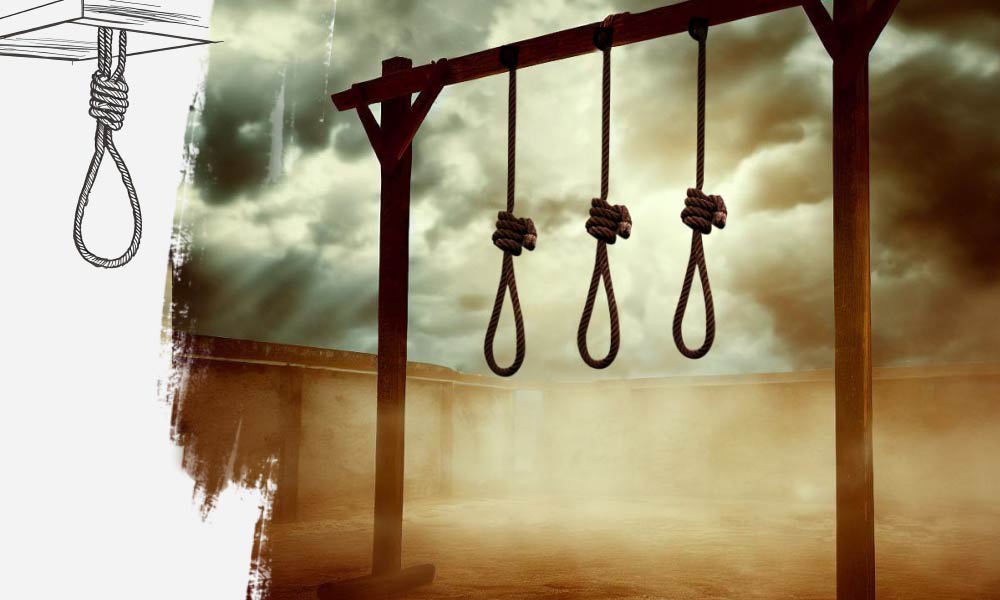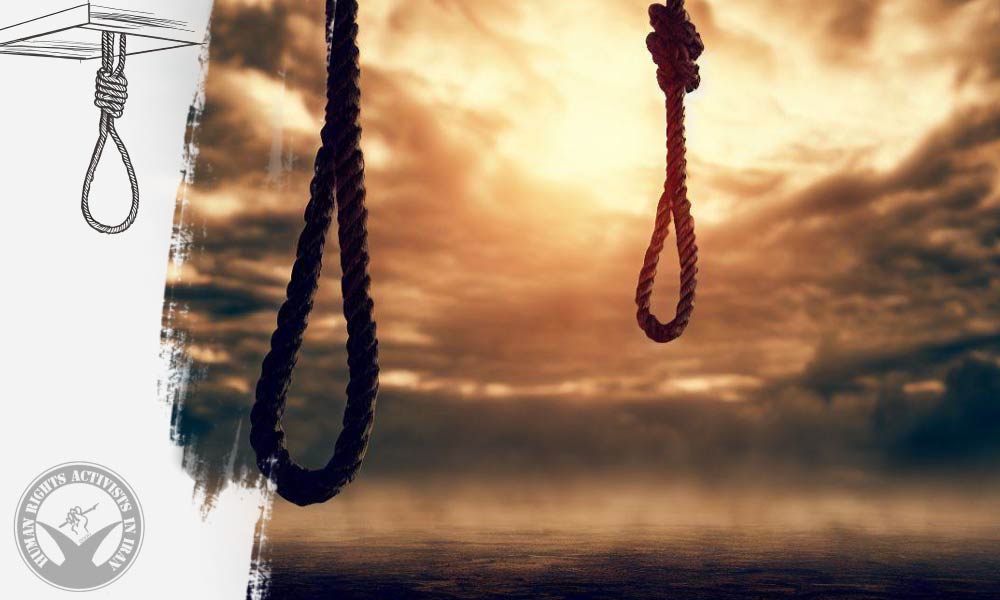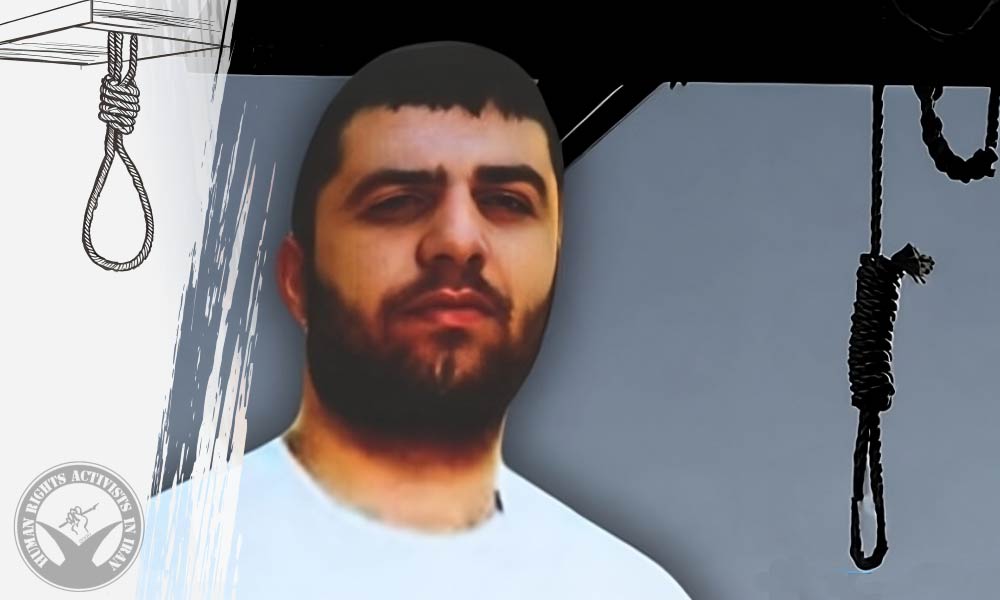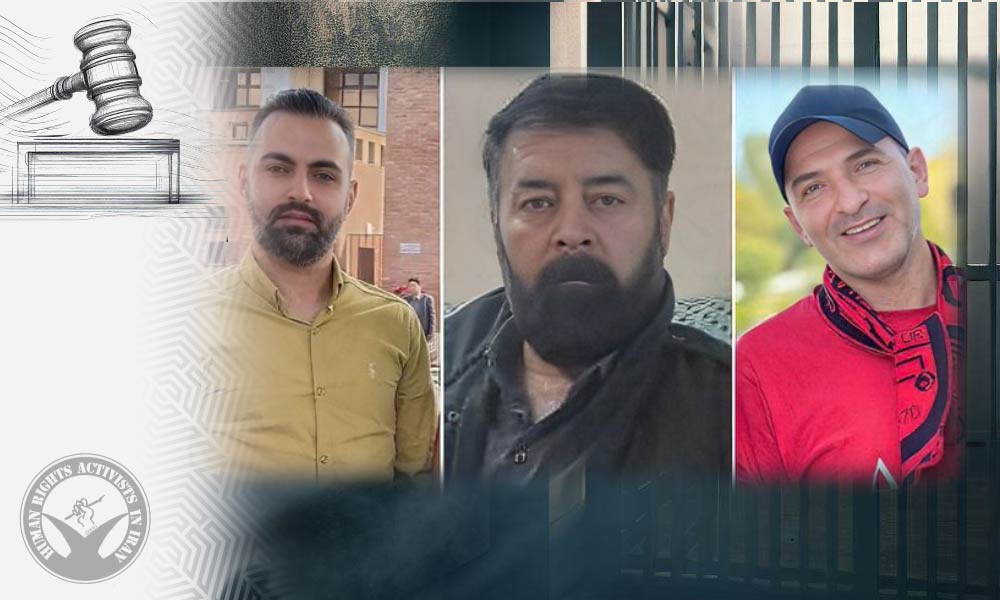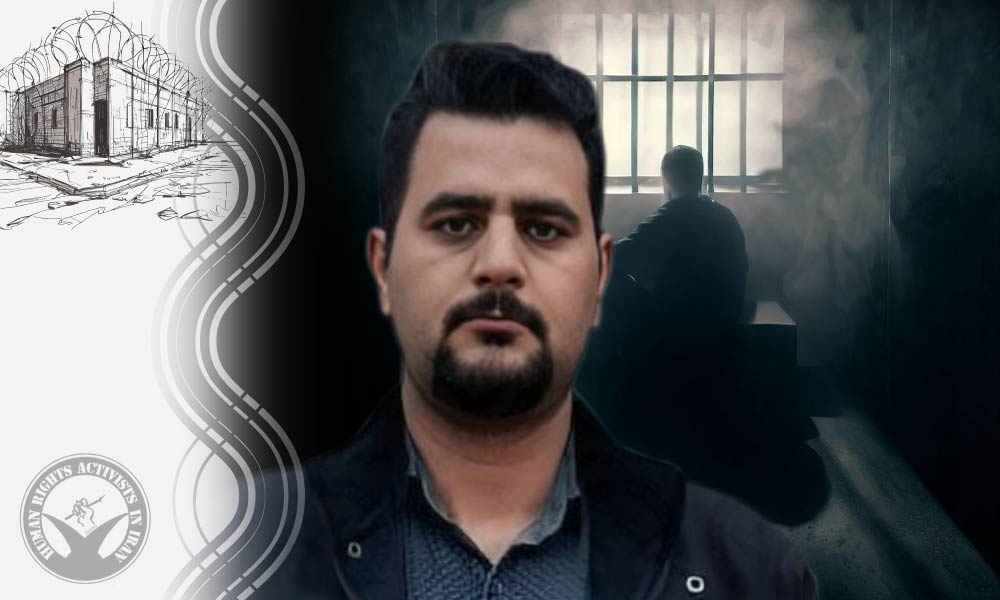On Sunday, August 18, two prisoners, convicted of drug-related charges, were executed in Tabriz Prison, as reported by Iran Human Rights Organization.
The identities of these prisoners have been reported as Abbas A’laei Aqblagh, from the village of Aqblagh in Meshgin Shahr, and Ali Azmoon.
According to a source, A’laei Aqblagh was arrested approximately four years ago, and Ali Azmoon was arrested about two years ago on drug-related charges and were sentenced to death by the judiciary.
As of the time of this report, the execution of these prisoners has not been officially announced by prison authorities or relevant institutions.
According to the Department of Statistics and Publication of Human Rights Activists in Iran, in 2023, at least 767 citizens, including 21 women and 2 juvenile offenders, were executed. Of these, the executions of 7 individuals were carried out in public. Additionally, during this period, 172 others were sentenced to death, with 5 of them sentenced to public execution. It is worth noting that during the same period, the initial death sentences of 49 other individuals were also upheld by the Supreme Court.



